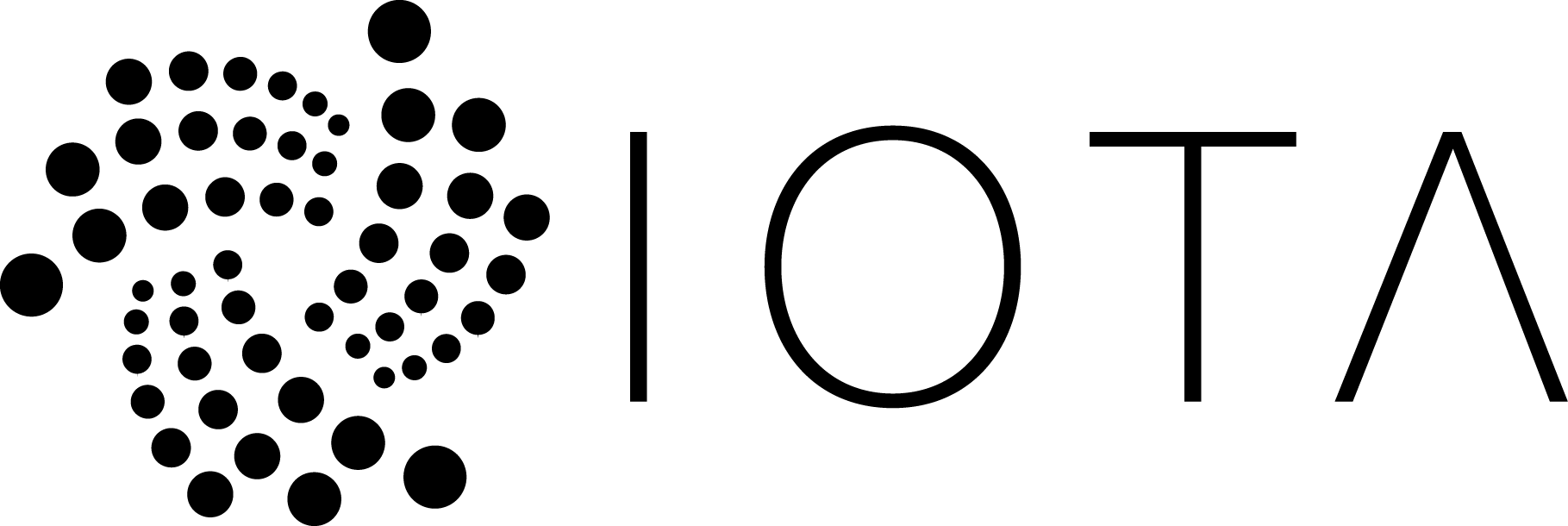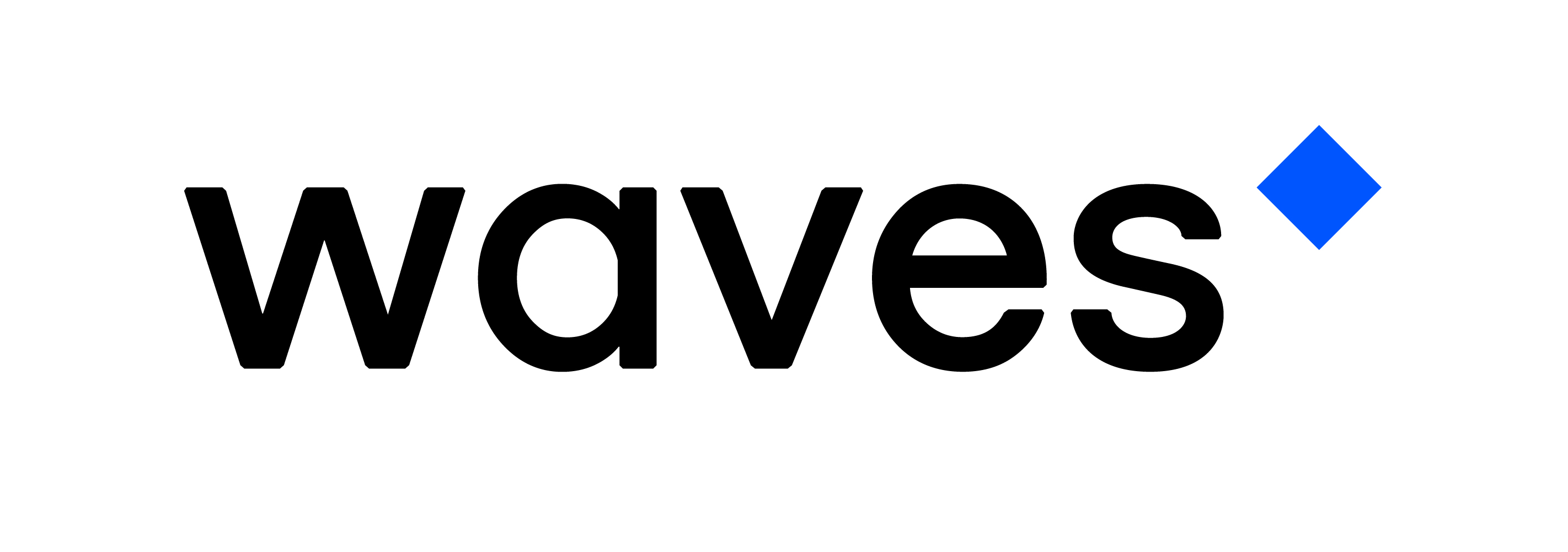T-Labs Blockchain Mobility Hackathon Barcelona #TLabsHACK
Hello, fellow hackers!
The Blockchain Society together with Telekom Innovation Laboratories (T- Labs) & T-Systems Spain presents a 32-hour Mobility & Blockchain Hackathon and Learnathon to learn and develop blockchain solutions.
This is the third T-Labs Hack Session, with the first one taking place in Seattle and the second one in Berlin, this one is happening in Barcelona, Spain!
What is the #T-LabsHACK you may ask? Well, with the increasing popularity of blockchain technology
in the industry today, there comes a desire to always be ahead of the curve; with this event, we will
bring you up to speed on some of the hottest tech to hit the blockchain space, which you can then
use directly in your Hackathon projects to win great prizes!
The hackathon will focus on blockchain and mobility, and how DLT will transform how we view transportation

The hackathon Cash prizes may be paid in Cryptocurrency (Bitcoin or Ethereum), or another cash equivalent. (e.g. Amazon Gift Certificates).
A Learnathon will also be included with a workshop that will introduce hashstaX. To get some
impressions about the work of the Blockchain team at T-Labs and learn more about haststaX check
out this video.
The hackathon will be held at Valkiria, Carrer de Pujades, 126, 08005 Barcelona, Spain.
The amount charged for the hackathon is to encourage attendees to show up on the day of the
event. This amount can be refunded on request once you are at the event.
See more details on DevPost. There will be €6,000 in prizes!
Teams:
We suggest teams of no more than 4-5 individuals. You can organize teams prior to the event, and
we will be helping teams coordinate team formation on the day of.
Rules:
We know some rules are meant to be broken, but you should probably (definitely) stick by these
1. Fresh Code - We all start coding at the same time. It’s cool to work on designs beforehand, digital
mockups, open source frameworks, and anything else available to everyone, but keep things within
fair limits.
2. Code Review - Winning teams may be subject to a code-review at some point following the event
or immediately before winning. This is to ensure that all code used is in fact fresh.
3. Ownership and IP - You own your IP and whatever you create. Simple as that.
4. Team Size - No more than four people.
5. Submissions - You’ll receive an email with instructions on how to do just that. More information
will be given at the event.
6. Demos - You’ll demo the functionality of your project and talk through your idea. You’ll receive an
email with instructions on how to do just that, more information will be given at the event.
Judging:
The Hackathon projects will be judged based on the following criteria:
Technical Deployment - 25%
Consumer Centric - 25%
Usefulness - 25%
Innovation - 25%
Judges Include:
John Calian is a Senior Vice President at Deutsche Telekom AG and Head of the Telekom Innovation
Laboratories (T-Labs) in Berlin, a group of over 300 experts & scientists (+ entrepreneurs) from a
variety of disciplines, from more than 25 nations all working together at T-Labs. Additionally, John co-
founded and leads all product development for the T-Labs Blockchain Group, a team dedicated to
decentralization research and development. In this dual role, John is responsible for developing and
leading innovation topics, including blockchain strategies and initiatives, machine learning techniques
and customer experiences, for Deutsche Telekom and its partners. Prior to joining T-Labs, John held
numerous technology leadership roles and was the founder and COO of multiple startup software
firms in the Seattle area. Mr. Calian holds an MBA in Technology Management from the University of
Washington.
Dr. Alexandra Mikityuk is a 10 year veteran of the telecommunication industry, having held various positions at Deutsche Telekom in Berlin. Dr. Mikityuk received her Diploma in Telecommunication Engineering from the University of Applied Sciences HTW Berlin. In 2010, she concentrated her research and work on secure media distribution and processing topics. In 2013, she joined the Security in Telecommunication research group at TU Berlin, where she received her doctorate (PhD) in embedded security for remote processing. In 2017, Dr. Mikityuk turned her attention towards distributed ledger technology and is currently the Co-Founder and Head of Blockchain Technology for The Blockchain Group, a unit of Deutsche Telekom Innovation Labs (T-Labs).
Brian Behlendorf is the Executive Director of Hyperledger Project. Brian was a primary developer of the Apache Web server, the most popular web server software on the Internet, and a founding member of the Apache Software Foundation. He has also served on the board of the Mozilla Foundation since 2003 and the Electronic Frontier Foundation since 2013. He was the founding CTO of CollabNet and CTO of the World Economic Forum. He also put the first ad banner online in 1994 and has been apologizing for it ever since.
Alexander Renz has been involved in the Internet of Things (IoT) since its humble beginnings at the MIT Auto-ID Center, where Kevin Ashton coined the term in 1999. He is interested in exploring applications and new business models in IoT and the machine-to-machine economy. He is interested in applications across industries, even though his focus over the last few years has been on the future of mobility including human-centric connected and autonomous vehicles, shared and electric mobility as well as urban mobility and smart cities. Alex is an advisor to the IOTA foundation, a next generation blockchainless architecture based on a Directed Acyclic Graph (DAG) that promises infinite scalability and zero transaction fees.
Michael Schaefer is a Distributed Ledger Architect in the Advance Development Department working in the Economy of Things Project at Robert Bosch. He has a master of science in business informatics and is a technic-enthusiast in new technologies. His current interests are blockchain technologies, concept and the mobility ecosystem of tomorrow.
Diamantis Ververis is Distributed Ledger Architect for the advance development of the central Information sector at Robert Bosch GmbH. He is currently working on the Development of prototypical implementations in an interdisciplinary and cross-business-unit project focused on DLT.
Event Schedule
Saturday, February 23rd
9:00 am: Registration & team formation, breakfast
9:45 am: Opening remarks from T-Labs
10:30 am: Opening remarks from the Blockchain Society
10:45 am: Introduction to hashstaX Workshop
11:30 am: Lunch
12:45 pm: Workshop with Bosch
1:45 pm: Presentation from Waves
1:55 pm: Hackathon rules, team formation, challenge overview
3:15 pm: Start of Hackathon
7:00 pm: Dinner
Hacking will continue overnight! (Attendees may choose to stay over and hack or go home to sleep)
Sunday, February 24th
9:00 am: Breakfast
12:00 pm: Lunch with judges
3:00 pm: Conclusion of Hackathon & submissions on DevPost
3:15 pm: Presentations & judging
4:30 pm: Winner selection & final remarks by T-Labs
4:45 pm: Optional networking
6:00 pm: Closure
Come out and hack! We are looking forward to seeing you!


Community Partners:








